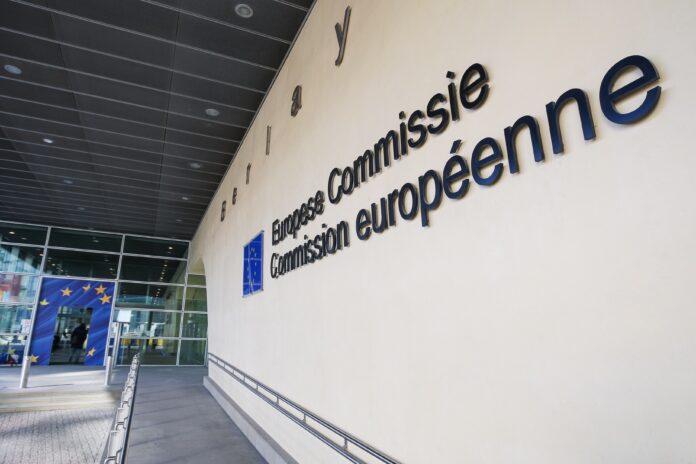Money to come from already-existing funds, plus a €10bn top-up from member states
The European Commission has proposed the Strategic Technologies for Europe Platform (STEP) which it says will boost existing EU instruments to quickly deploy financial support business investments and allow directing existing funding towards technology fields like digital.
The EC wants STEP to help counter Chinese and American large-scale tax-break and subsidy packages. The US government recently announced it was issuing a conditional US$9.2bn loan to Ford Motor Company to build three battery factories, for example.
STEP however was formerly known as the EU sovereignty fund and its launch contained little new funding, aside from a requested €10 billion extra commitment from member states.
The platform will support development or manufacturing in three critical technology fields: deep and digital tech; cleantech and biotech. The first category includes microelectronics, high-performance computing, quantum computing, cloud computing, edge computing, AI, cybersecurity, robotics, VR, 5G and advanced connectivity.
Commission president Ursula von der Leyen said: “With STEP, we set the stage to mobilise the necessary funding available across various EU programmes to stimulate investments in critical technologies and make sure companies grow and flourish in the EU.”
She added: “With the existing funding, and an extra €10 billion that we intend to inject, we aim to reach up to €160 billion in investments in the coming years. This will be the precursor to a fully-fledged Sovereignty Fund that would be created in the future.”
A Sovereignty Seal will be awarded to projects contributing to STEP objectives, provided it meets the minimum quality requirements demanded by Horizon Europe, the Digital Europe programme, the European Defence Fund, the EU4Health programme, or the Innovation Fund.
One small STEP for the EC
Euractiv reports MEPs from across the political spectrum are slamming the lack of ambition in STEP when compared to proposal like the US’s Inflation Reduction Act, suggesting it wasn’t much more than a renaming exercise.
Deputy director of the Jacques Delors Centre Nils Redeker tweeted: “The current EU system remains fundamentally incapable of productive industrial policy…the problem with today’s decision is that it cements a very national and state-aid centred approach to industrial policy in Europe.”


